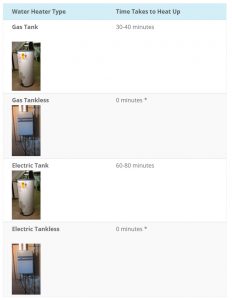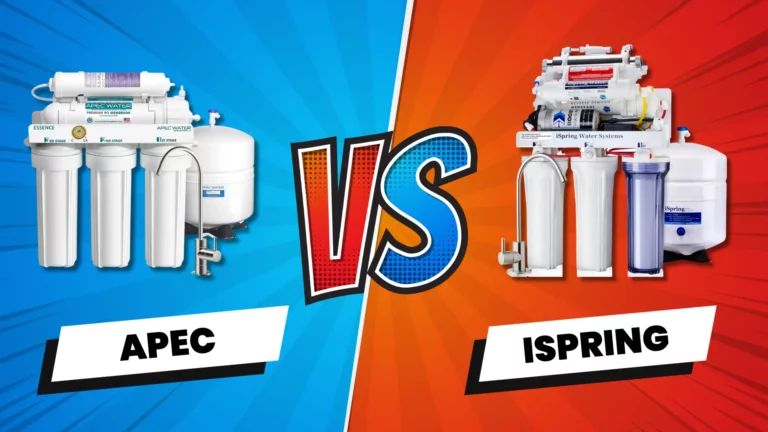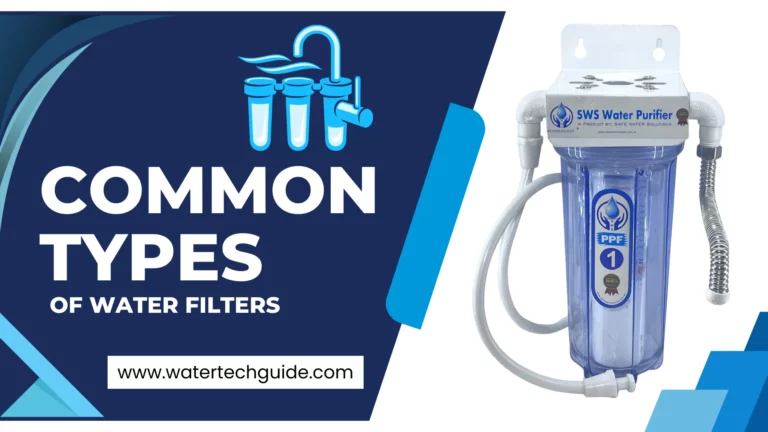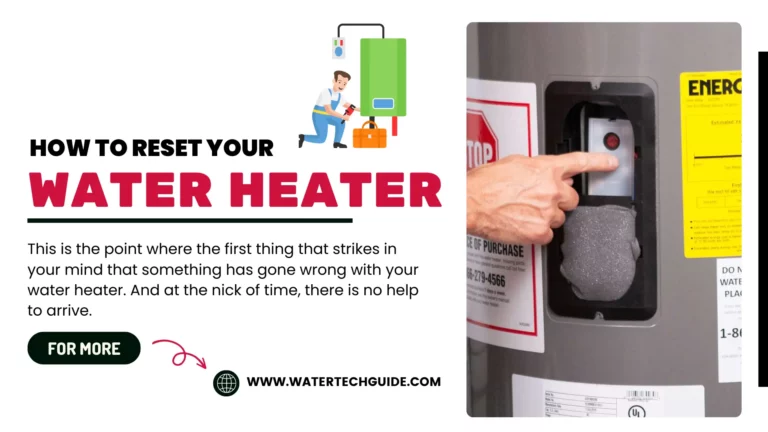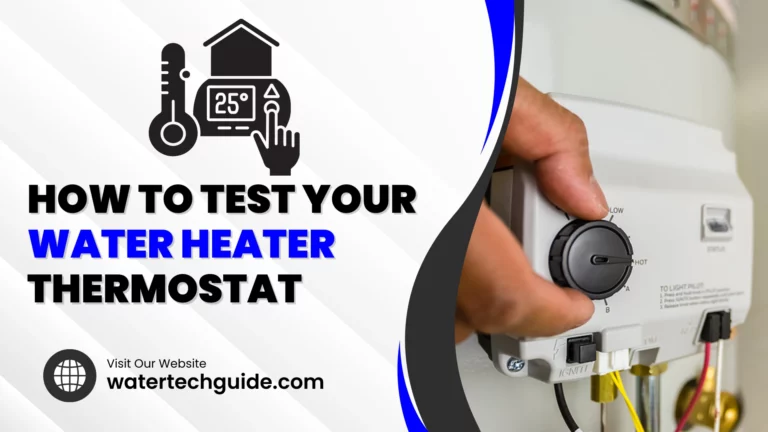How Long Does It Take for a Water Heater to Heat Up?
If you’re like most people, you probably don’t think about your hot water heater until there’s a problem i.e you run out of hot water. Usually, you will only run out of hot water because you have some inconsiderate guest who has taken a long shower unaware they just used your entire tank of hot water. So, if this happens, you will want to know how long will it take for the water heater to heat up again? What can you do to speed things along? Read on to find out. . .
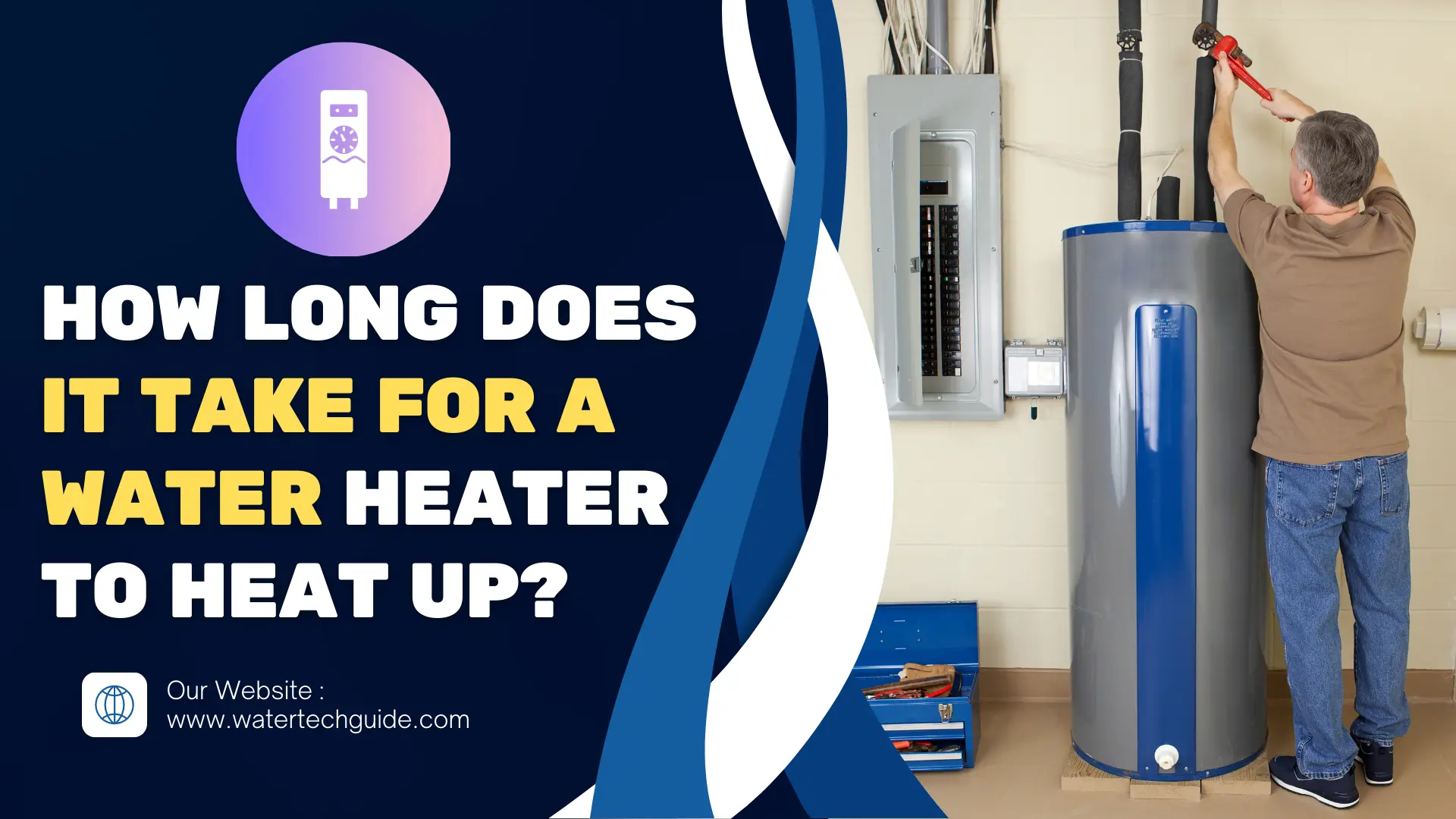
However, not all water heaters are the same. When you are looking for a water heater, you should look at the BTU rating, the size of the water tank, and do a quick calculation, you will also want to know your feedwater temperature.
If you would like to know more about BTU ratings and how it affects the heating, you can read the article I wrote on how much propane a tankless water heater uses, there I go into detail about the way BTU calculations can be used.
How Long for a Water Heater to Heat Up
1. How Long for Water Heater to Heat up in Gas Heater?
It takes about 40 minutes to an hour for a gas storage hot water tank to heat up. That said, it can vary depending on the size of the tank and how much insulation it has.
Generally speaking, the larger the tank, the longer it will take to heat up. And if the tank is well-insulated, it will take less time for the water to reach the desired temperature.
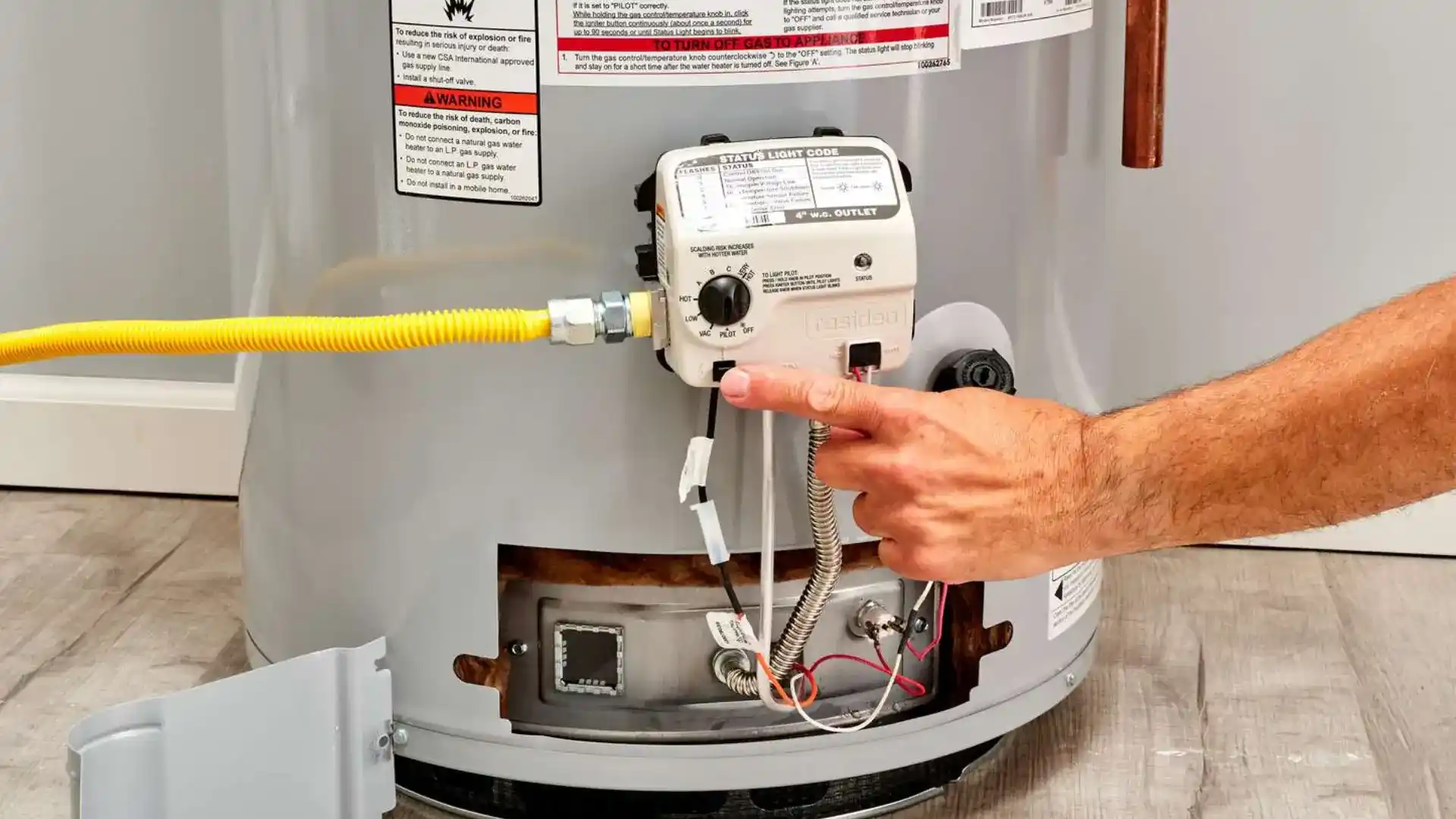
The next major factor which is often overlooked is the BTU measurement of the heater (or British thermal unit). Simply put, BTU is the amount of heat needed to raise one pound of water by Fahrenheit.
As a quick example, we will use the AO Smith Signature 100 Series and do some quick calculations.
It has a 50-gallon tank, that is roughly 420 pounds of water. Your feed temperature is 57 degrees Fahrenheit and you want to raise the tank’s water temperature to 120 degrees you will need 26,460 BTU’s of energy.
The A.O. Smith 100 Series (natural gas) is rated at 40,000 BTU’s so it would take roughly 40 minutes to reach temperature.
It is clear to see why a water heater with a higher BTU rating can heat water more quickly.
2. Electric Water Heater How Long to Heat Up
Electric water heaters are usually slower than gas, so expect your electric water heater to take between 45 minutes and 2 hours, to reach full temperature.
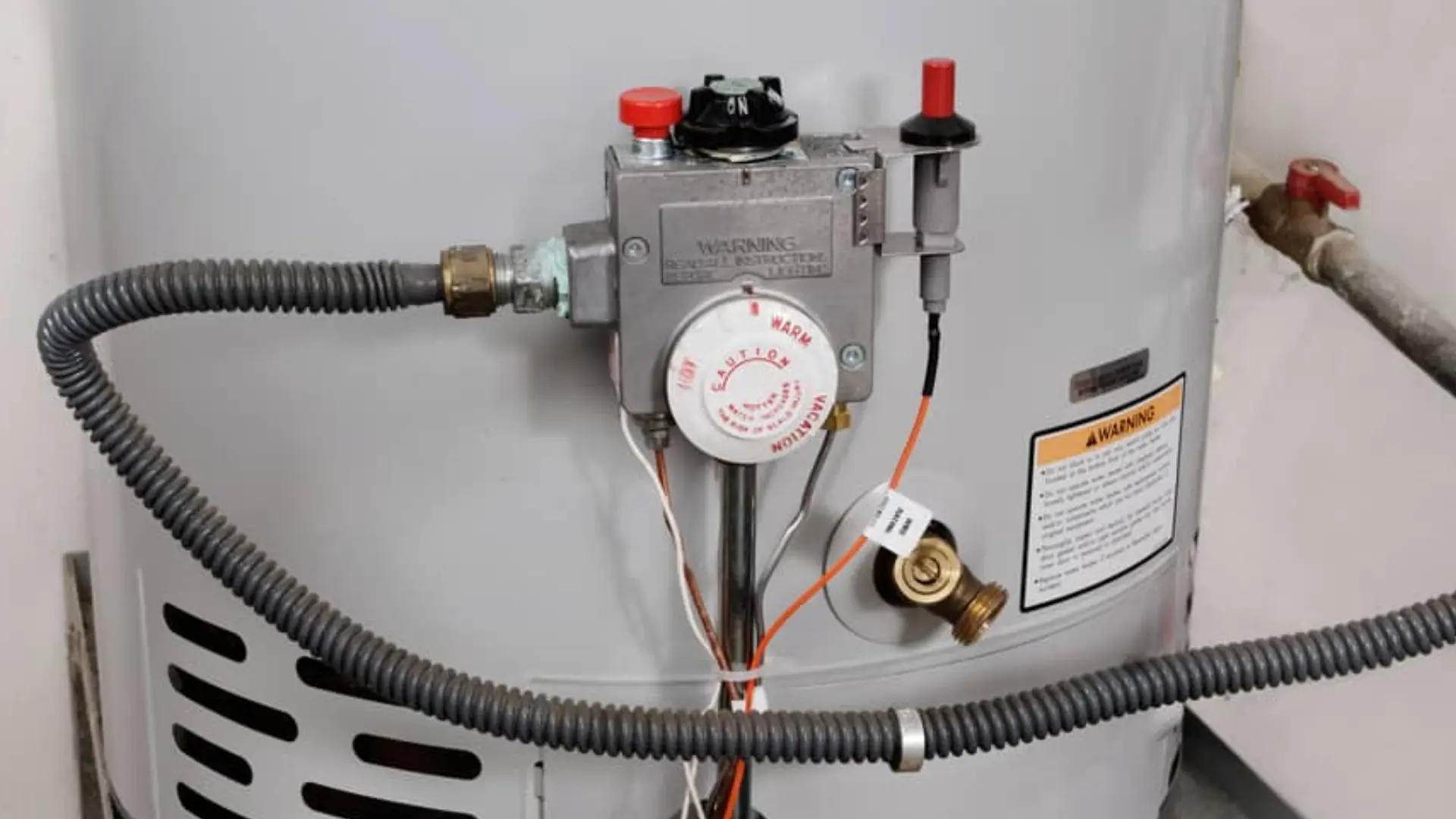
The most important consideration when purchasing a new water heater is how efficient it will be. Electric units often cost less than gas-powered systems, but they don’t deliver the same level of performance due to their lower efficiency rate which can lead to spending more money on electricity over time.
This is because there is more energy stored and released in gas than can be delivered safely through the copper wiring on a typical home.
While point-of-use electric water heaters are great because they’re almost instantaneous, the energy efficiency is not very good so if you have many people in your family then all of their costs will outweigh any initial savings.
3. How Long for the Water Heater to Heat up in the Solar Heater?
When you have a solar hot water system, it is inevitable that you will have a cloudy day and forget to turn the booster on. After a few uses, you will have used up all the stored hot water. This is the major disadvantage to a solar hot water system, thankfully modern tanks are very well insulated and evacuated tubes are very efficient and will heat up even on a cool cloudy day.
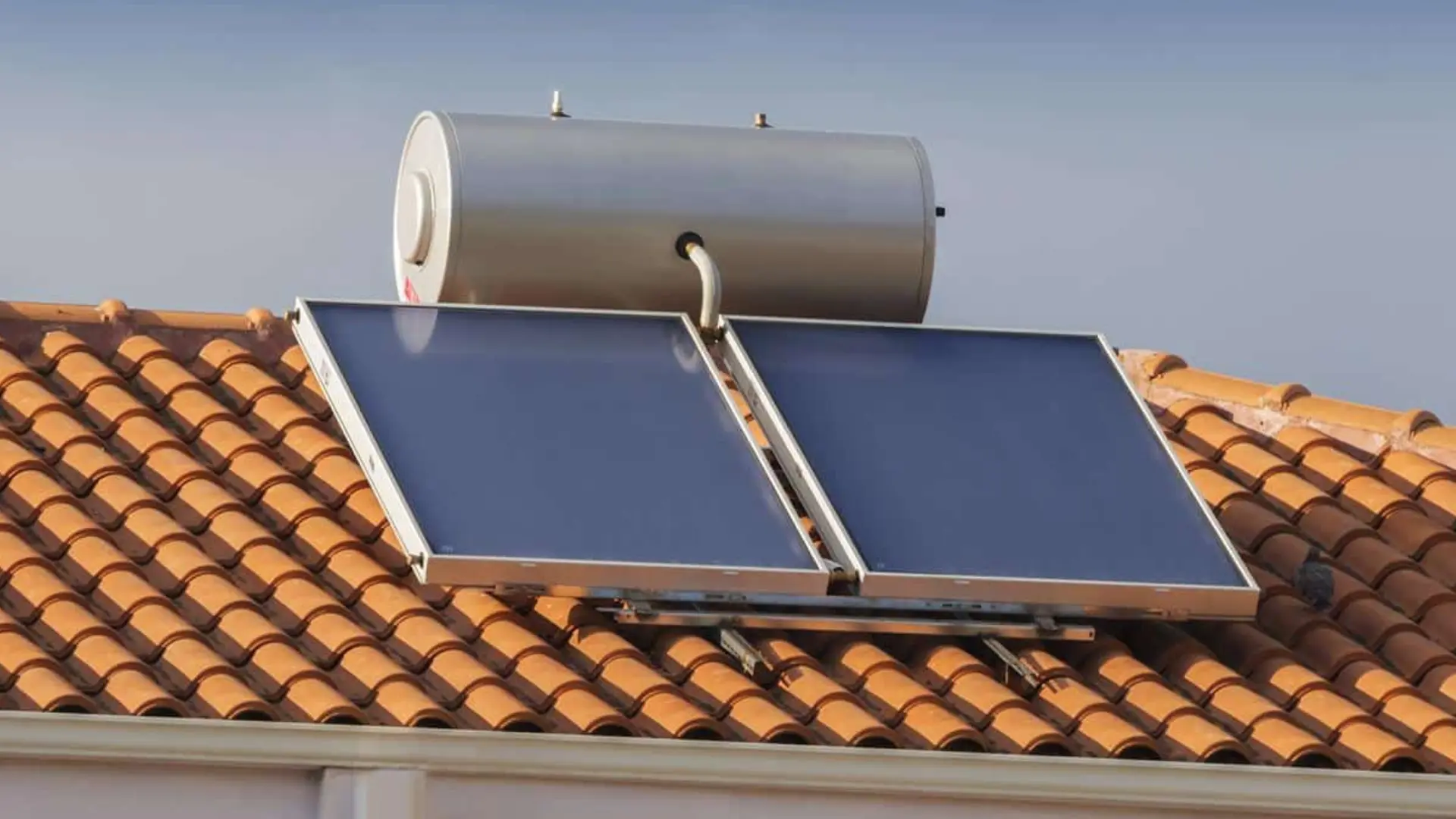
But if you do run out of hot water on a dark cold day and have your booster turned off then it will usually take an hour from the time you turn the booster on for your tank to heat up to a comfortable temperature.
To get the best out of your solar hot water system, it is recommended that you have a large water tank so even on cloudy days you have always got sufficient hot water.
The hybrid solar hot water system is the best of both worlds. It has a heat pump and solar thermal heat exchanger, ensuring the tank is full of hot water even when there’s no sun shining or weather patterns aren’t working in your favor!
4. How Long for the Water Heater to Heat up in Tankless Heater?
Although they’re sometimes called “instant” tankless water heaters, these appliances do take a few seconds to heat up. That being said, they can provide hot water on demand without the need to store heated water in a tank, which makes them more efficient than traditional tank-style water heaters.
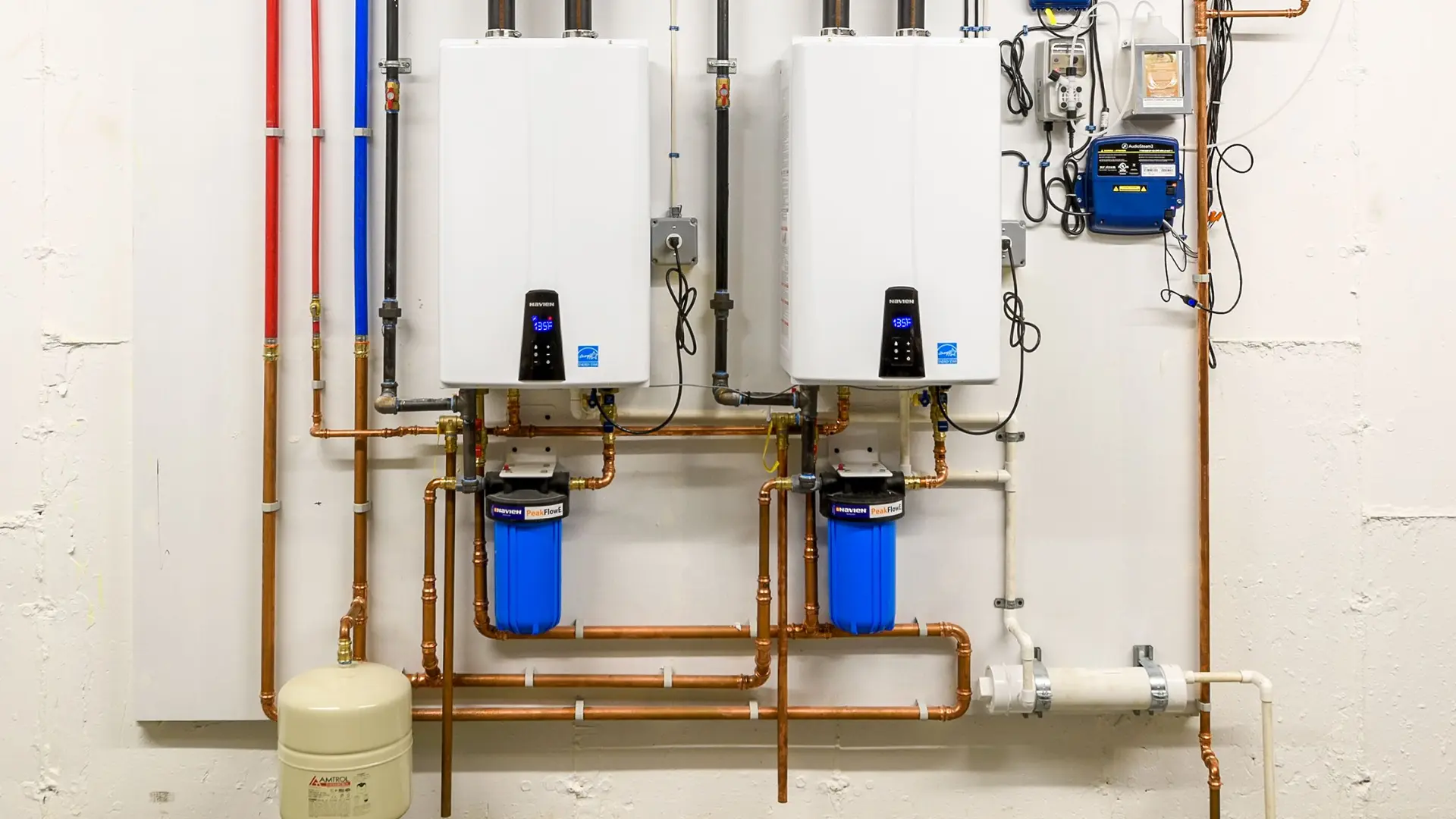
So if you’re willing to wait a few seconds each time you turn the faucet, using a tankless water heater could save you money on your monthly energy bill.
5. How Long for the Water to Heat up in Tankless Gas Heater?
Gas tankless water heaters are faster than their electric counterparts, but the amount of time they take to heat up depends on a few factors, such as the model you choose and the climate where you live. In general, though, you can expect your gas tankless heater to be up and running with streams of hot water in 5-10 seconds or less.
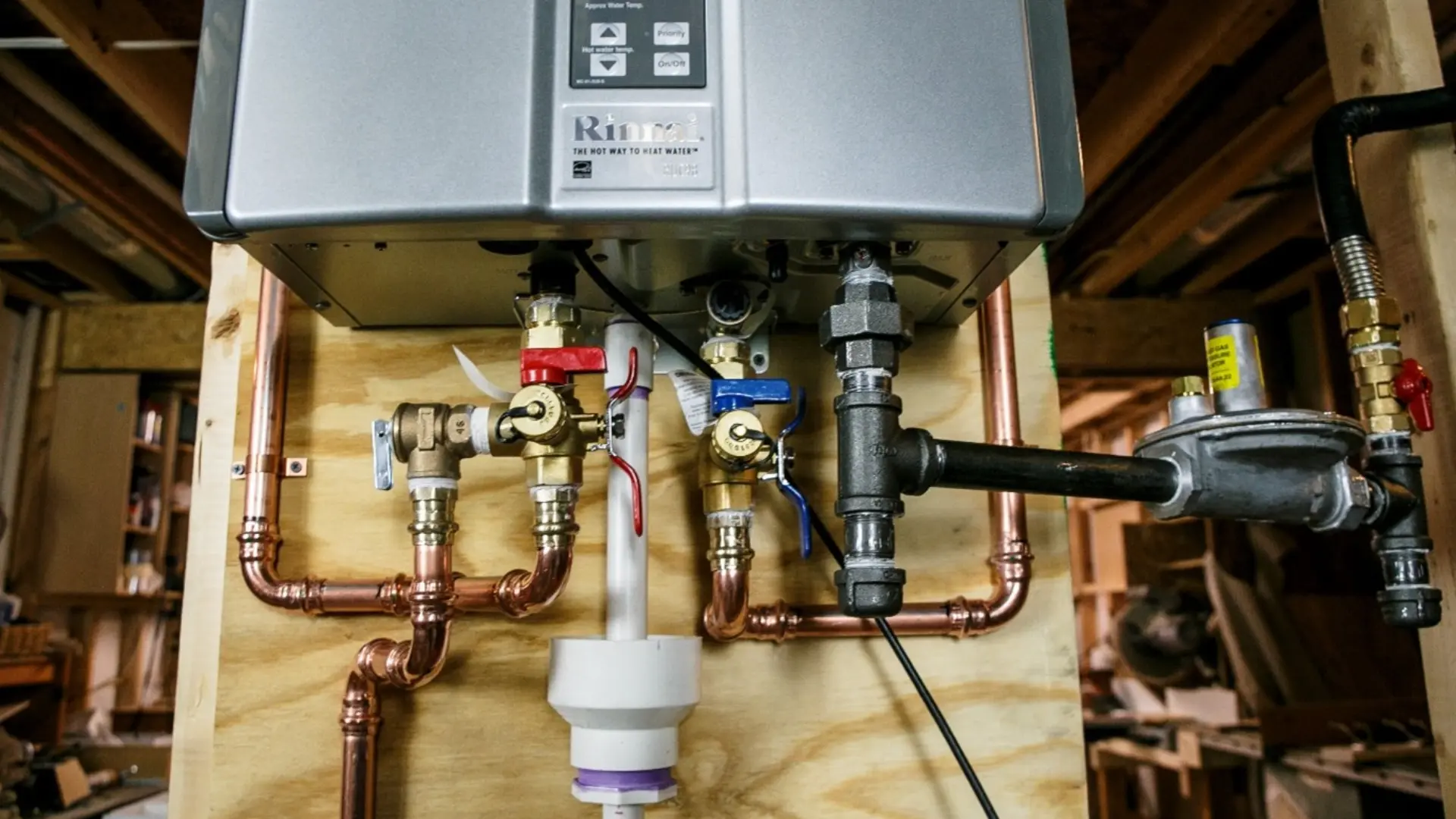
The things to look out for in a tankless water heater are the heat exchangers. There are many different types of heat exchangers, but the most efficient kind is made out of copper. Copper provides faster heat transfer than stainless steel, but it is more susceptible to corrosion.
6. How Long for the Water Heat up in a Tankless Electric Heater?
It depends on a variety of factors, such as the size of your tankless water heater and the wattage. However, just because of the way electricity works, electric tankless water heaters take a little longer to heat up water than gas tankless water heaters.
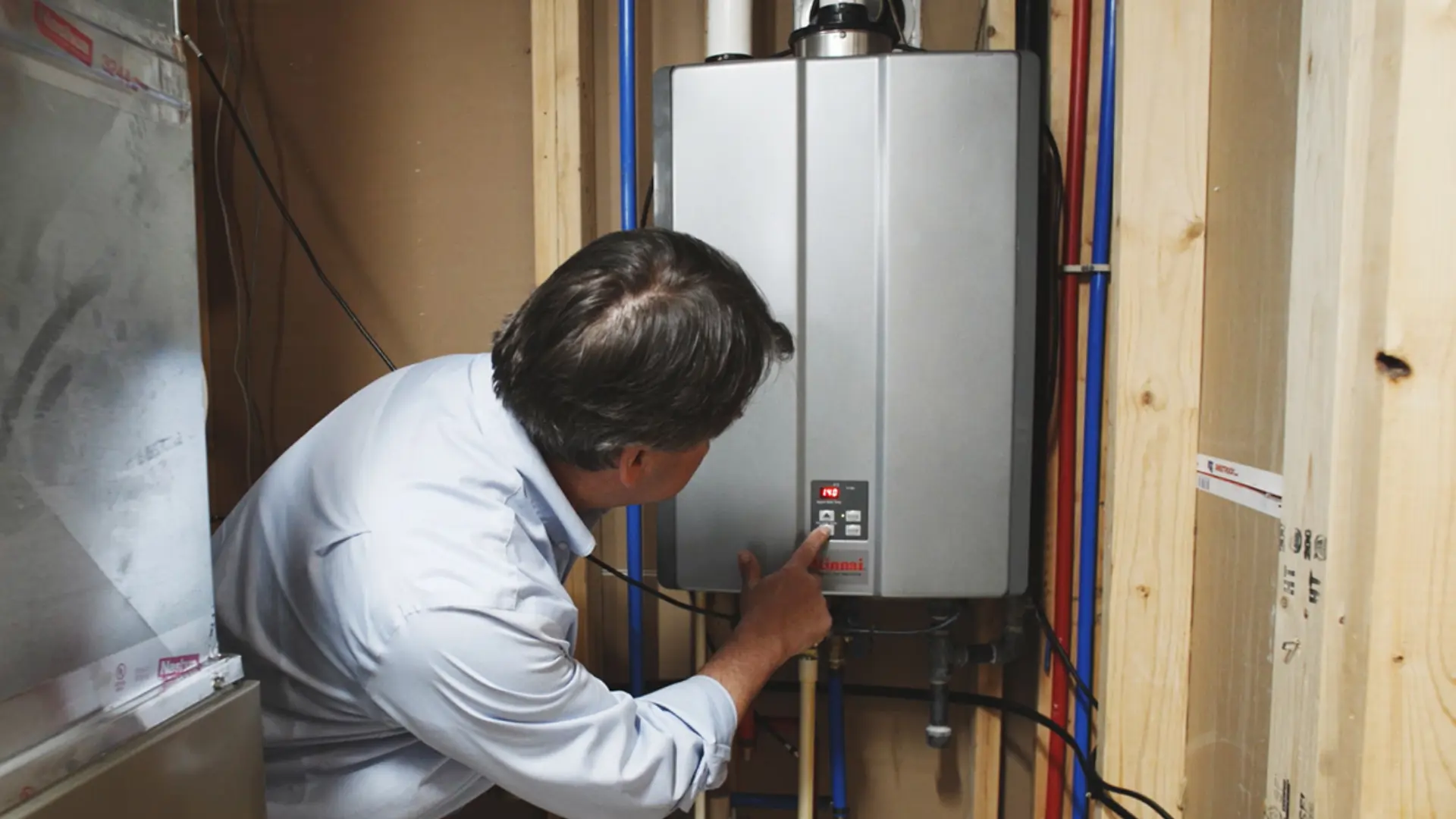
However, on average they still only take around 10 – 20 seconds to reach maximum output – so they’re still much faster than waiting for a tank heater to reheat your entire tank of water. And because there are no exhaust fumes they can often be installed at the point of use, so they save water wastage in the pipes, and the temperature can be easily adjusted to suit each person’s preference.
Some Factors That Affect How Long a Water Heater Takes to Heat Up
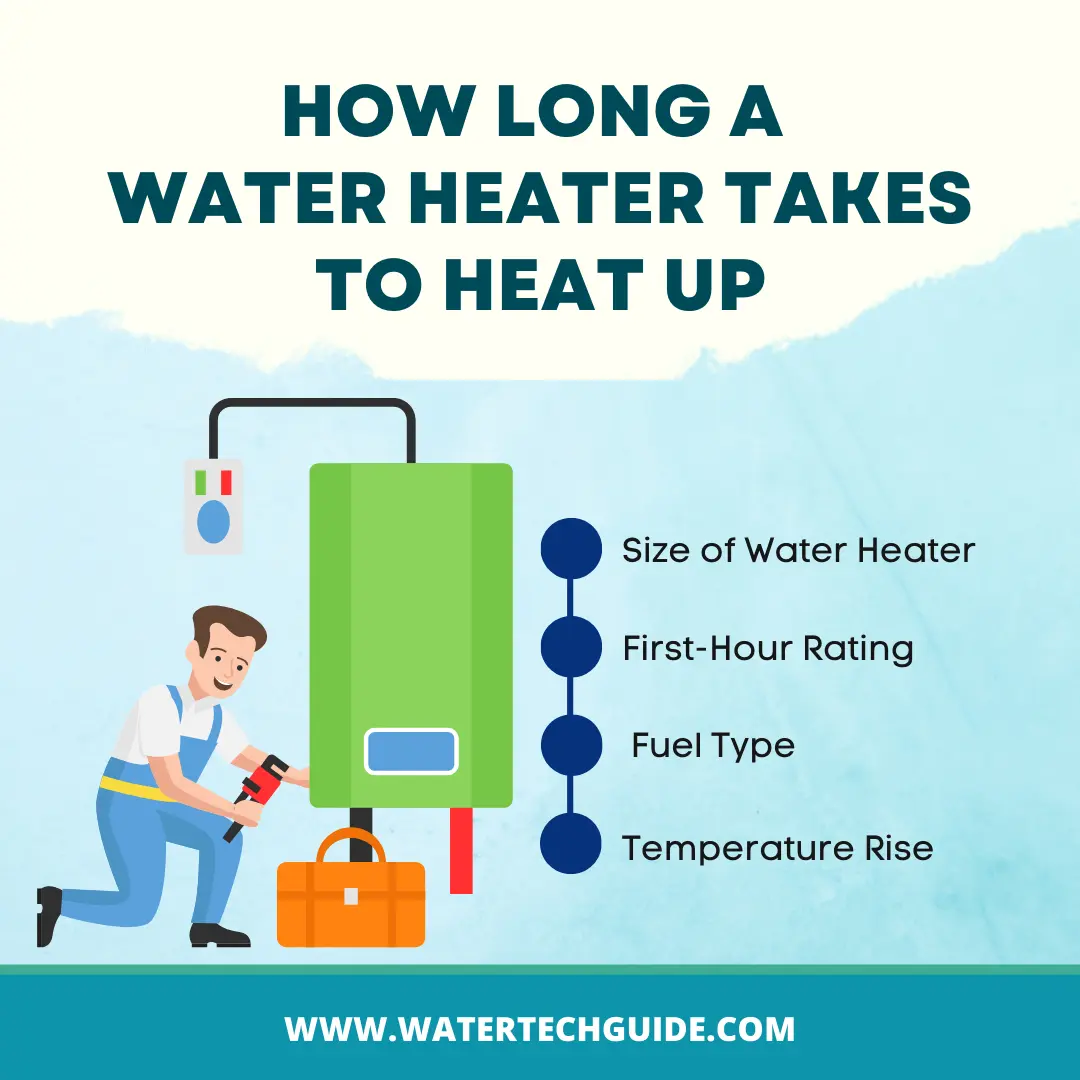
1. Size of Water Heater
How it affects recovery time: The larger the heater of water, the longer it takes to warm up.
The water tank size affects the reheat time because a larger tank will contain more water, which in turn will require more energy or BTU’s to heat it to temperature.
However, a larger tank has more thermal mass, which means it can store more heat energy and retain that heat for longer before needing to be reheated.
2. First-Hour Rating (FHR)
How it affects recovery time: The First Hour Rating tells you how much hot water your tank can provide during the first hour.
That is, it’s the number of gallons of hot water that your tank can produce per hour if it starts with a full tank of hot water. The rating depends on the size of your storage tank and the type of heat-producing element (i.e. gas burner or electric heating element).
3. Fuel Type
How it affects recovery time: Electric water heaters take longer to heat water than gas water heaters.
Gas water heaters, across the board, are much faster to heat water than electric water heaters. This is because they can transfer more energy in a shorter period of time.
4. Temperature Rise
How it affects recovery time: The higher the temperature rise, the longer the heat time of your water heater.
“High-temperature rise” simply means there is a high difference between the temperature of the incoming water and the temperature at which you want it to be heated too. The higher the temperature difference between incoming water and output, the more energy is required, and thus often more time.
If you live in a particularly cold area, consider insulating your feedwater pipes, this will decrease the time needed to heat the water when it reaches the heater.
Conclusion
It can be difficult to decide which hot water unit is going to work best for you and your family. We hope we were able to help clarify the differences between tankless and traditional units, and how fast each heats up water so you can make an informed decision about what will suit your needs.
Whether it’s a new installation or replacement of an old model, a water heater is a big investment, we want to help you in selecting the perfect system that fits into your budget and lifestyle. You can find lots more information and reviews in our Water Heaters Section.
